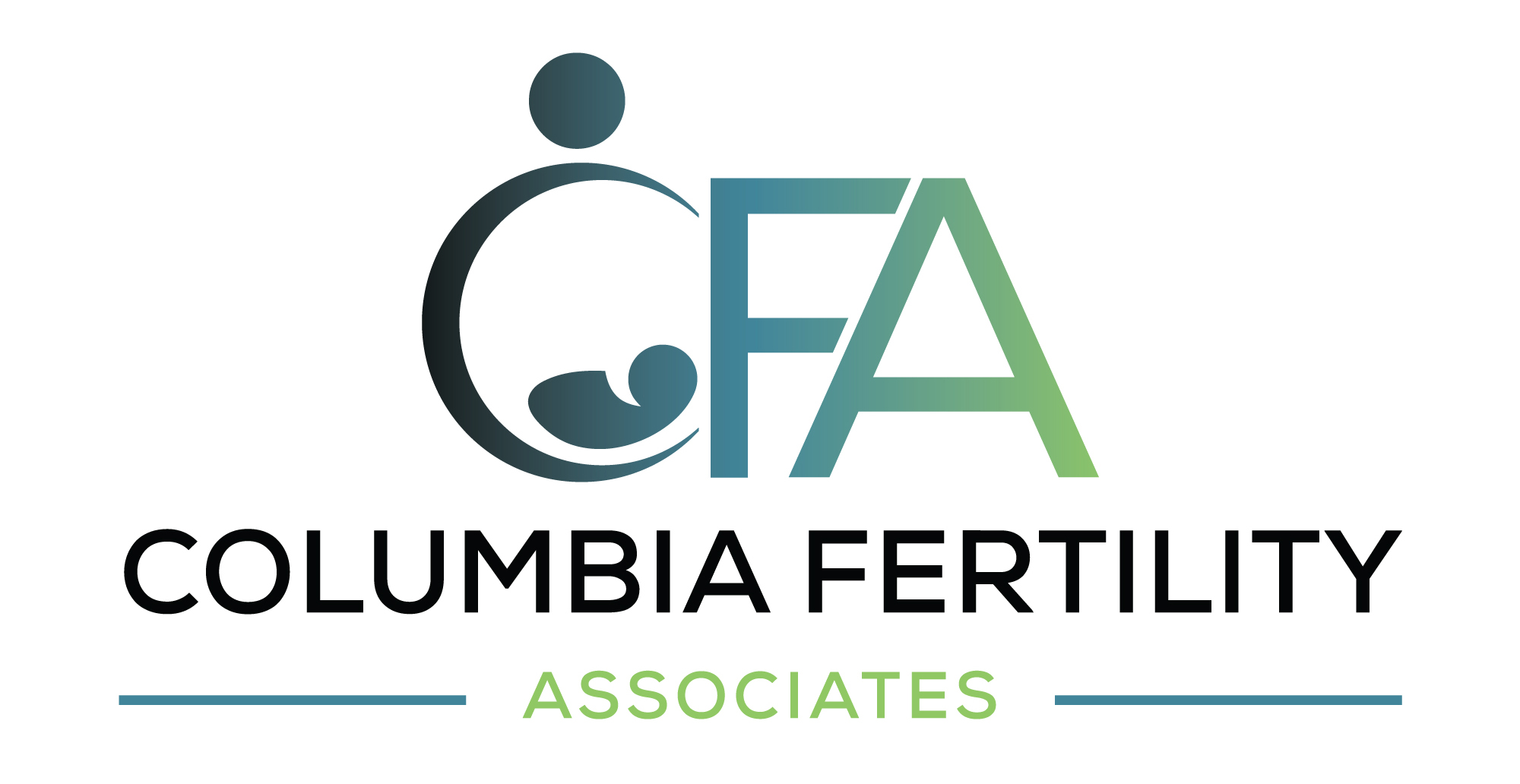Painful periods, heavy bleeding, and cramping could be signs that you have a gynecological condition called endometriosis that affects 1 in 10 women and girls in the United States. The endometrium is a special mucus-rich tissue that lines your uterus. Before your period, the endometrium grows new blood vessels and thickens with nutrient-rich blood as it prepares to nourish and support a fertilized egg — and eventually, a baby.
If you don’t become pregnant, the endometrium sheds and the blood-rich tissue exits your body through your vagina, a process that you know as menstruation. When you have endometriosis, the endometrial tissue grows on the outside of your uterus as well as inside, and it can even grow over other organs, including your ovaries, fallopian tubes, and bowels.
Each month, all of your endometrial tissue swells with blood. But the engorged endometrium that’s outside your uterine cavity can’t exit through your vagina or anywhere else. The displaced endometrial tissue is trapped, which is why you get pelvic pain and cramps.
Endometriosis causes complications
If you have endometriosis, you’re probably already familiar with its main symptoms, such as bloating, cramping, and pain. However, the endometrial overgrowth can lead to problems throughout your reproductive system, including:
- Irregular periods
- Ovarian cysts
- Scar tissue
- Organ adhesions
- Ectopic pregnancy
- Infertility
According to Resolve: The National Infertility Association, about 40% of women with endometriosis have trouble getting pregnant. If you’re having trouble conceiving, and have endometriosis or the symptoms of endometriosis, our OB/GYN experts at Columbia Fertility Associates can help. We’re conveniently located in Bethesda, Maryland, Arlington, Virginia, and Washington, DC.
First step: Diagnosis
Endometriosis isn’t the only cause of heavy periods, cramping, and infertility. If you have symptoms of endometriosis but haven’t yet been diagnosed, our doctors conduct a pelvic exam to look for abnormalities. We may also order ultrasound testing to get a better look at your reproductive organs for signs of scarring, cysts, and adhesions.
Sometimes we can see signs of endometriosis on an ultrasound. However, sometimes your doctor may need to conduct a minor surgical operation called laparoscopy to look for evidence of endometrial tissue outside your uterus.
Second step: Treatment
Once we’ve confirmed a diagnosis of endometriosis, we come up with a treatment plan that’s based on your particular case. If you have mild endometriosis, you may respond to hormone therapy, such as the birth control pill, that slows the growth of endometrial tissue and prevents new endometrial lesions. You take the hormone therapy for short periods of time to resolve your endometriosis, and then stop it when you’re ready to become pregnant.
When you have a more severe case of endometriosis, we may recommend endometrial ablation or surgery. Whenever possible, we try to use minimally invasive surgical techniques, such as laparoscopy, to remove excess endometrial tissue.
If you’re a candidate for surgery, or if surgery doesn’t resolve your problem, you could also choose in vitro fertilization (IVF) to help you get pregnant. We may recommend IVF instead of surgery if you have blocked fallopian tubes and adhesions caused by endometriosis. With IVF, your egg is fertilized with sperm in the laboratory and then the resulting healthy embryos are implanted in your uterus.
Don’t give up on your dreams of having a baby just because you’ve been diagnosed with endometriosis. Get help by calling us today for an evaluation, or use our online booking form.








